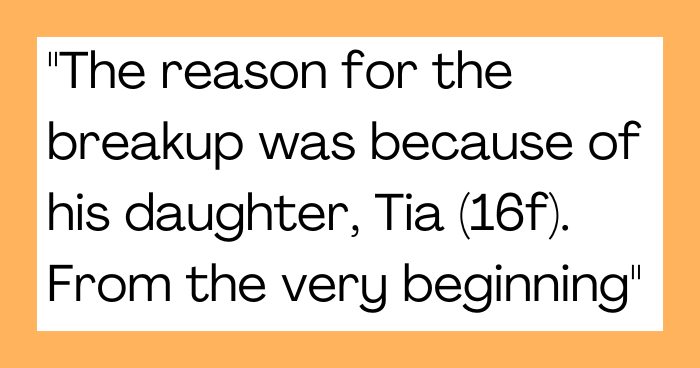Teen’s Smirk Over Shattered Heirloom Ends Relationship, Learns the Hard Way Too Late”
Dealing with stepchildren or the children of your significant other can be exhausting when the relationship is strained. In this post, a woman tells how her ex-boyfriend’s teenage daughter tried to stir up drama over the course of their entire relationship. Countless attempts were made to close the distance, but in the end, animosity remained, and the pair broke up in a spectacular fashion. The teenager later reached out to her months later for help after getting into a fight with her father over his new girlfriend, but received what she called a ‘cold response’ This leads to the ethical dilemma: was the narrator justified to set the limits or was she an unfeeling person towards a struggling teen?
This woman’s last relationship ended due to the cruel treatment she endured from her ex’s teen daughter

But now, the teen has realized that she hates her dad’s new partner even more
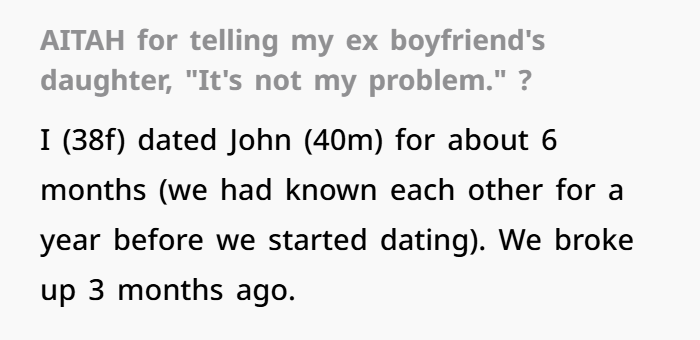
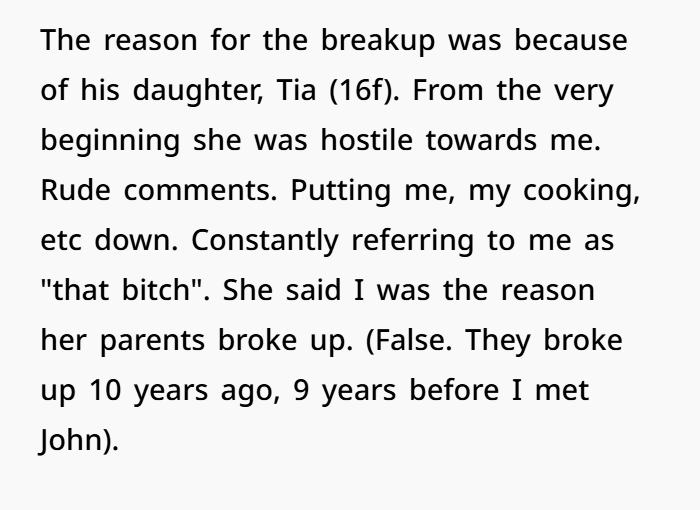
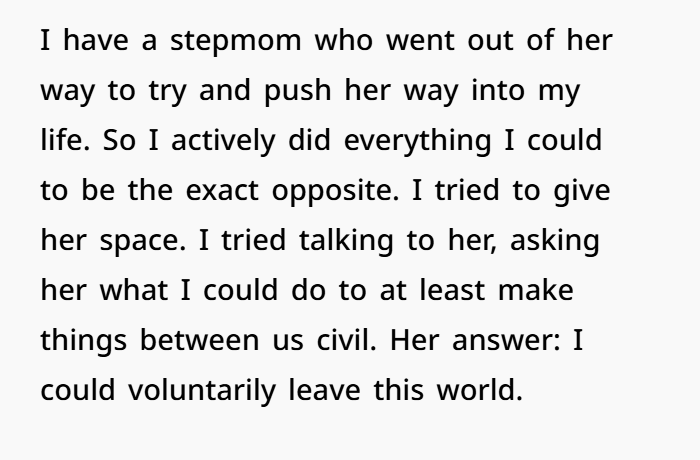
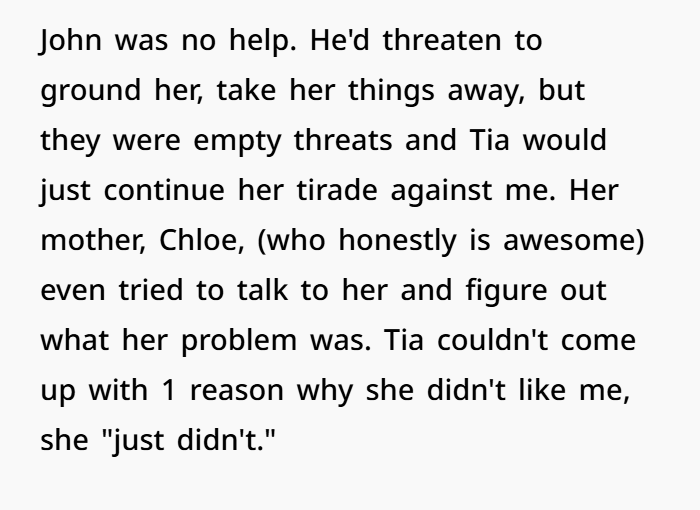
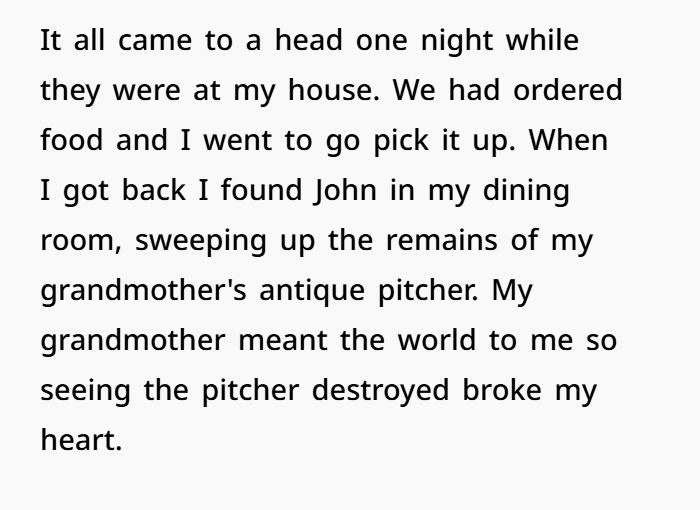

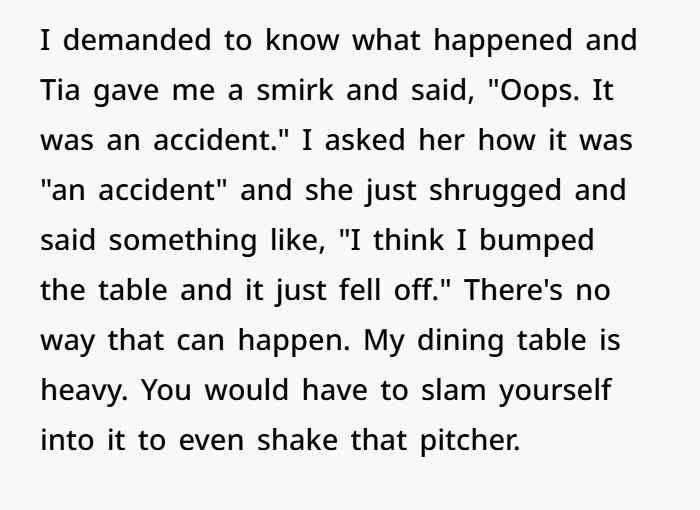
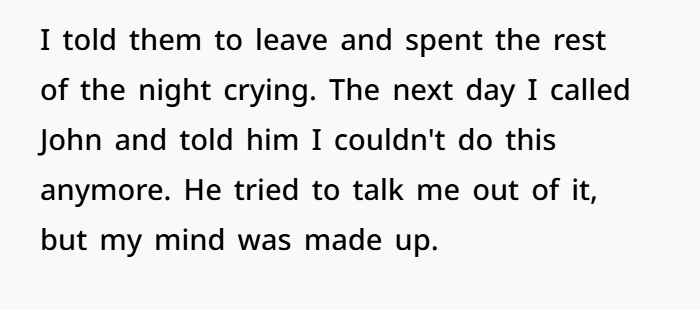
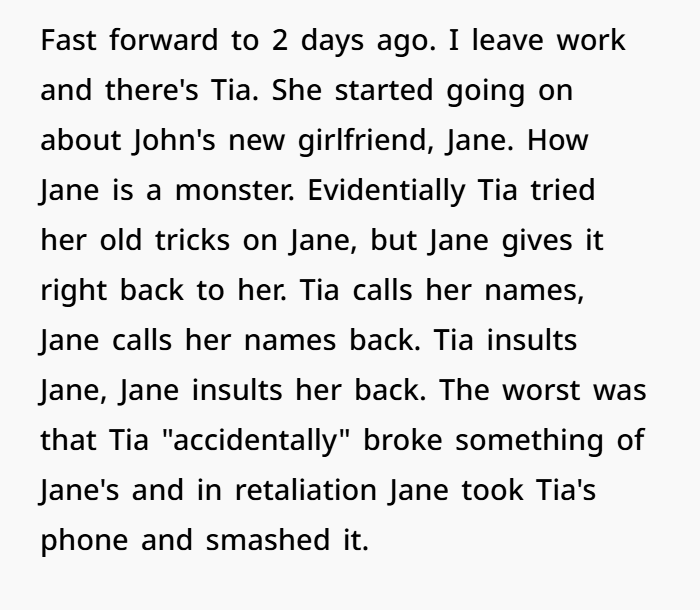
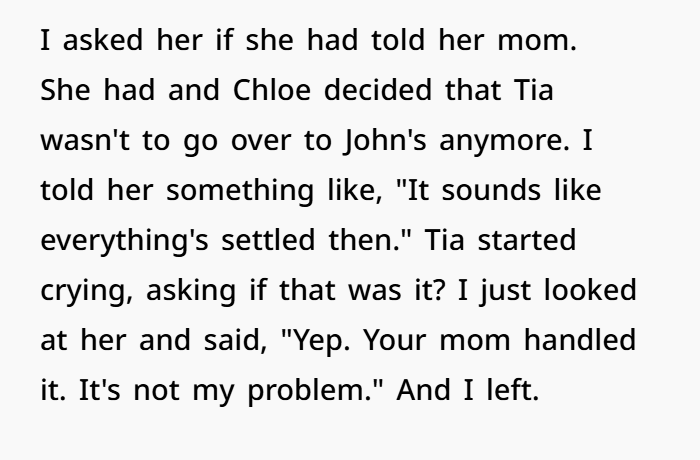
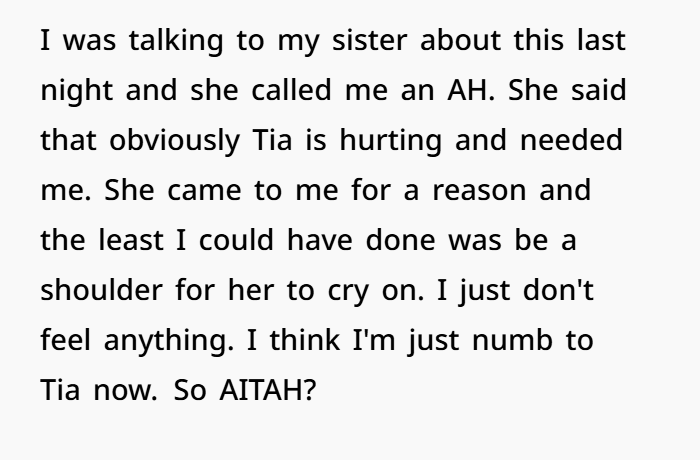
Analyzing the Complexities of Step-Parenting and Boundarie

Here we see a real-life challenge with which many experience blended families — when the step-kids or kids of the significant other do not want to bond. Studies show that step-parent bonds typically require years to cultivate, calling for mindful, persistent, and thoughtful practices of empathy. But when there’s constant negativity, the best course of action for mental health is to set boundaries.
Challenges of Step-Parenting Dynamics
The animosity that Tia displayed is something that step-families routinely encounter. Research suggests children may view a new partner as a threat to their family unit, particularly if they have not worked through their issues related to their parents’ split. Psychology Today mentions that teens may respond with resistance or sabotage, as a means to exert some control over their nearby world (2021).
Tia’s accusations and behaviour—faulting the narrator for her parents’ divorce and destroying personal belongings with sentimental value—convey an undertone of resentment and a personally buried insecurity. But absent guidance from parents, such dynamics can spiral. Here, the inability of John to respond consistently and failure to help Tia with her emotions enabled the problem to continue.
The Importance of Setting Boundaries
In these draining connections, boundaries are one of the most important tools we have to protect our emotional health. In exasperation, they decide to pull back from Tia, which only shows their sense of healthy boundaries. Although some will see her not comforting Tia as nasty it is in line with the “loving detachment” one uses with toxic or abusive relationships.

Additionally, the numbness the narrator is experiencing may be due to the exhaustion of feelings. Research around caregiver fatigue indicates that exposure to sustained conflict or hostility without resolution leads to burnout that makes it hard to connect empathically. Possibly, her response was not cruel, but rather a defense mechanism.
Legal and Ethical Considerations
Legally, narrator had no responsibility toward Tia after she dumped John. But then the story gets complicated because of ethics. Others might even say that as a trusted mentor in Tia life, she has a moral duty to guide her, even after the breakup. However, her parents are ultimately responsible for managing Tia’s behavior. John and Chloe also could seek therapeutic options, that would include the entire family, for Tia and provide her with resources and skills to better cope with the emotional distress she is experiencing.
Later, the author replied to several readers and provided more details about the situation


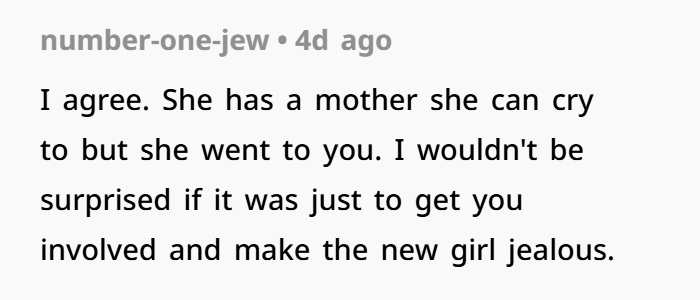
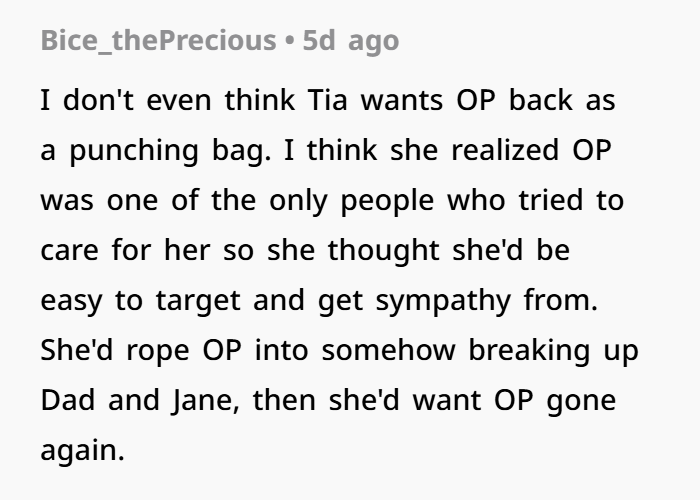

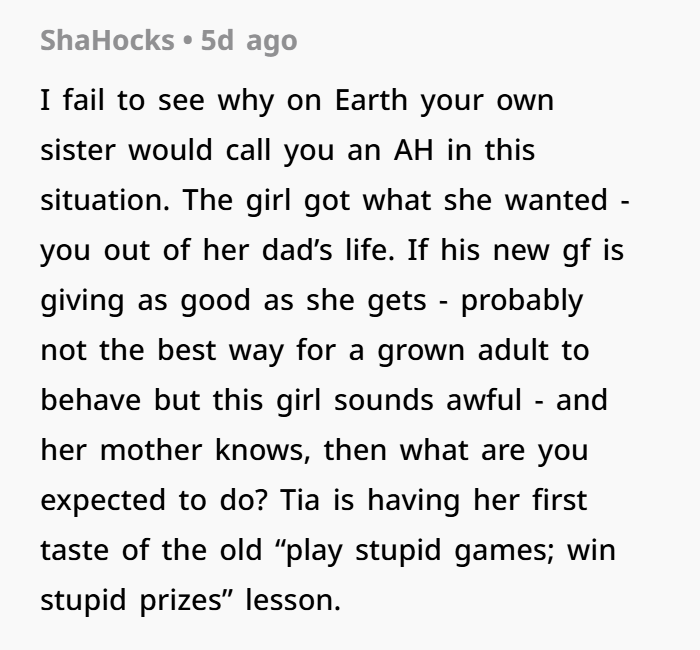
Some readers may find the narrator’s behavior towards Mariush to be cruel, but it highlights the sometimes, necessary measures that one must take in order to maintain mental wellness when dealing with constant antagonism. Tia’s behavior suggests deep-rooted family problems for which her parents need to seek professional help. The distance with which the narrator treats the events might seem cruel but at the same time is a gentle reminder that boundaries are not only important but sometimes they are the lifeline of our emotional wellbeing especially when navigating complex family dynamics.

